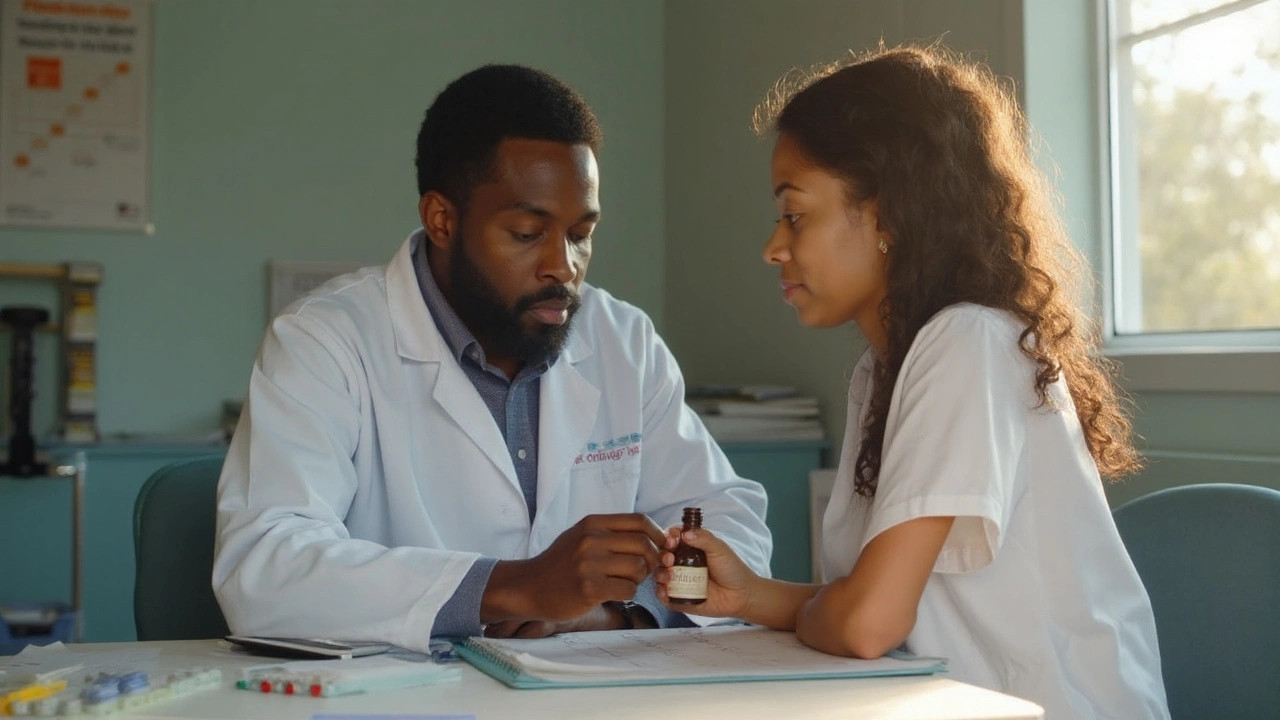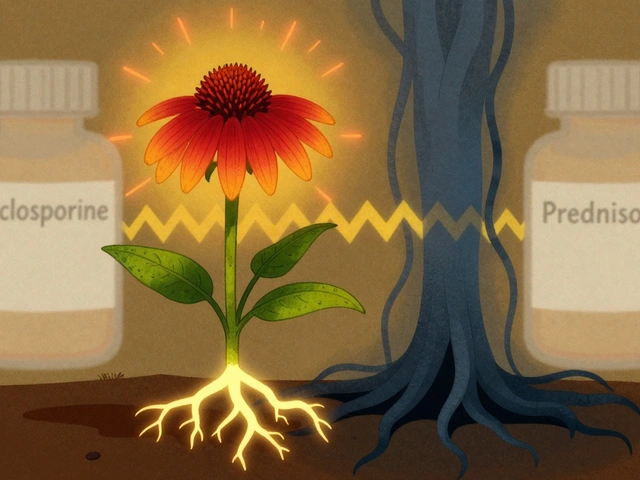Pregnancy Risk: What You Need to Know About Safe Medications
Expecting a baby brings a lot of excitement, but it also means double‑checking everything you take. Even everyday pills can affect a developing fetus, so it’s smart to know which drugs are safe, which aren’t, and where to find budget‑friendly alternatives. On this page we’ll break down the biggest medication worries for pregnant people and give you clear steps to stay safe without breaking the bank.
Common Medication Risks During Pregnancy
First off, not all drugs are created equal when you’re pregnant. Some over‑the‑counter pain relievers, like ibuprofen, can raise the risk of birth defects if used after the first trimester. Antidepressants such as certain SSRIs may cause neonatal withdrawal, while others are considered low‑risk. Antiepileptic medicines, like valproate, are linked to major malformations, so doctors usually switch to safer options before conception.
Even supplements need a check. High doses of vitamin A (retinol) have been tied to birth defects, whereas prenatal vitamins with folic acid are essential for preventing neural tube issues. Herbal products, like wormwood or certain traditional teas, often lack solid safety data, so it’s wise to pause them until you’ve spoken with a healthcare professional.
How to Find Affordable Safe Alternatives
Now that you know the red flags, the next question is – where do you get the right meds without spending a fortune? Start by asking your doctor or pharmacist for generic versions; they contain the same active ingredient at a lower price. In Australia, the PBS (Pharmaceutical Benefits Scheme) lists many pregnancy‑safe drugs that are heavily subsidised.
If you need a prescription but can’t get it locally, reputable online pharmacies like the ones we review on CutPriceChemist can deliver cheap, verified meds straight to your door. Always look for sites that require a valid prescription, show a physical address, and have clear return policies. Comparing prices across a few trusted stores can shave off up to 40 % of the usual cost.
Don’t forget to talk to your health insurance about prior authorisation or tier‑exception requests. Some plans will cover a brand‑name drug if the generic version isn’t suitable for pregnancy, but you’ll need to submit paperwork. A quick call to your insurer’s support line can save you weeks of waiting.
Finally, keep a simple list of all meds and supplements you’re taking. Share it with every doctor, midwife, or pharmacist you see. That habit alone catches many hidden interactions early and keeps both you and the baby safe.
Pregnancy is a time for careful choices, but it doesn’t have to be stressful or expensive. Use the tips above, stay informed, and you’ll navigate medication risks with confidence. For more detailed guides on specific drugs and cheap buying options, explore the articles linked below – they’re written for people just like you who want quality health care without the high price tag.

Understanding Valproic Acid: Uses, Dosing, Side Effects, and Safety Guide
Clear, evidence-backed guide to valproic acid: uses, dosing, side effects, blood tests, interactions, and pregnancy safety. Practical tips for patients.




